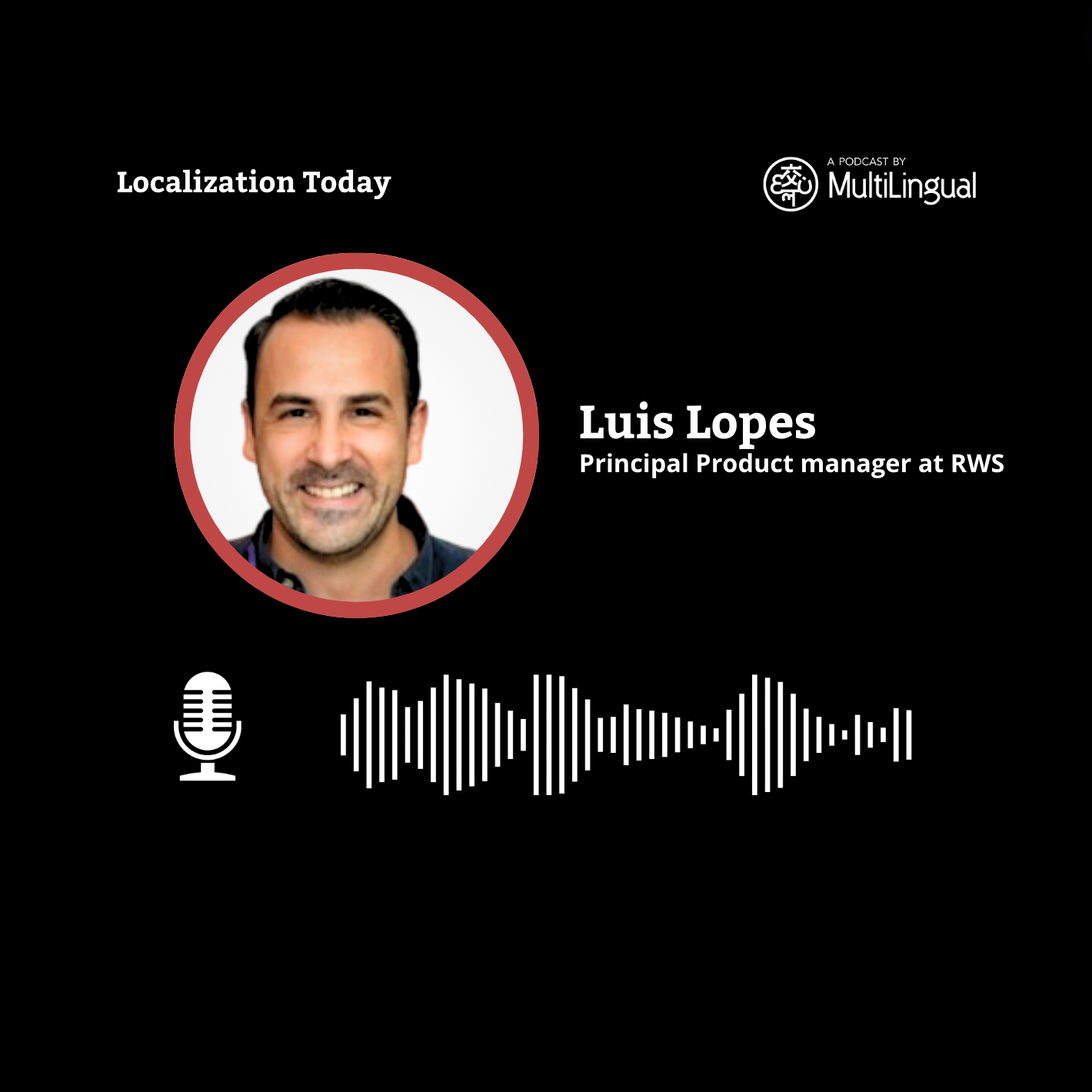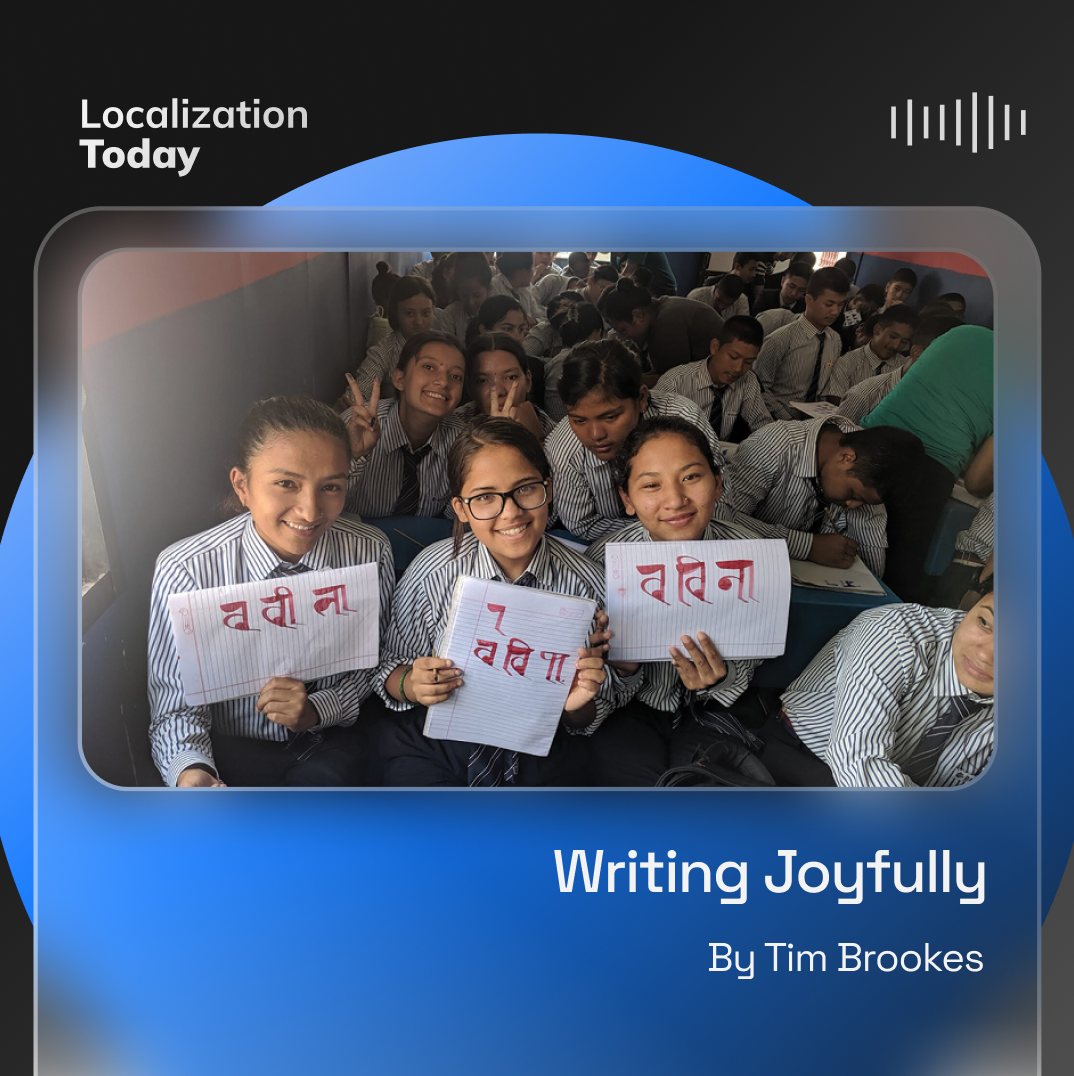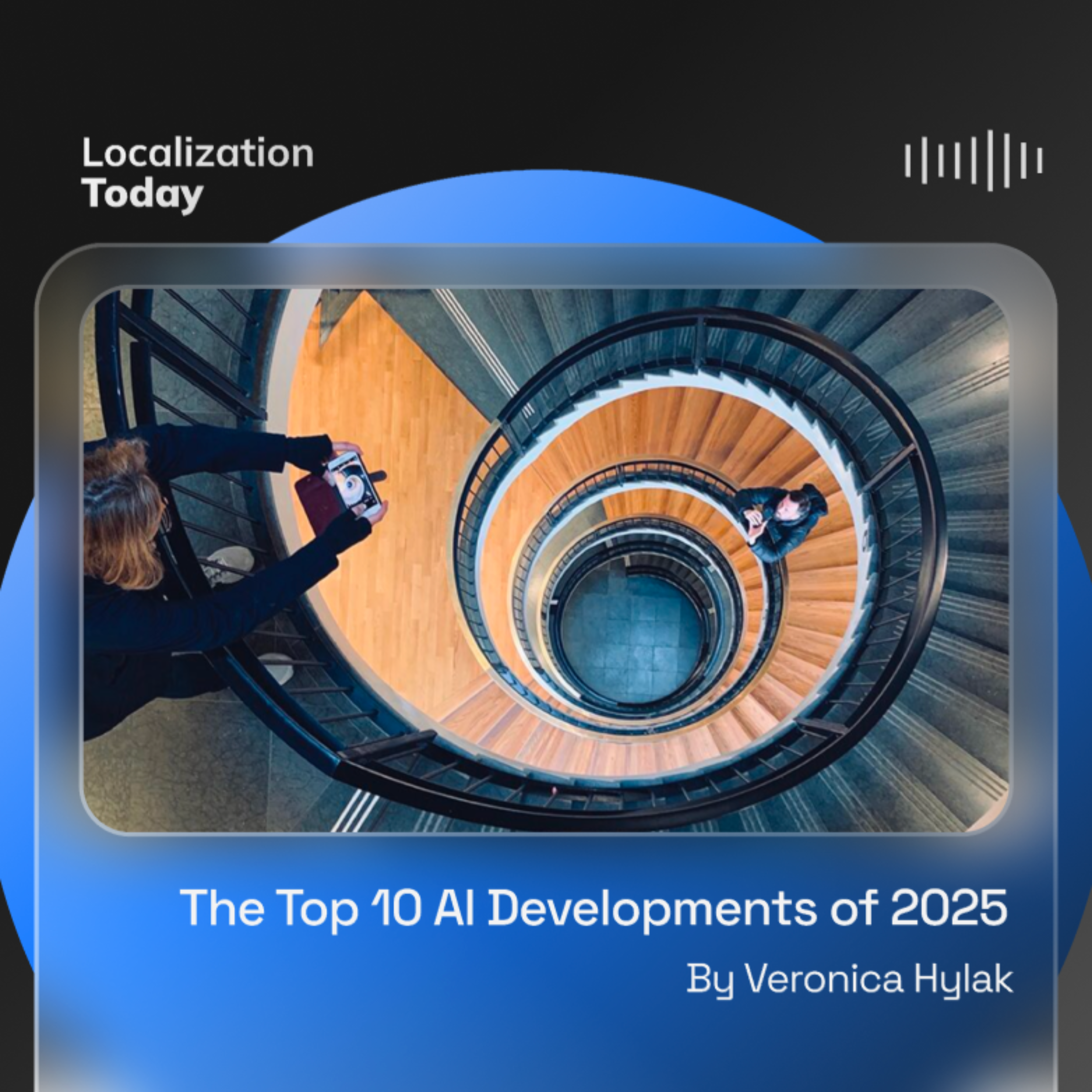Episode Transcript
[00:00:00] Speaker A: The following is my conversation with Dylan Hartman, co founder and aqueducts. We talk about innovation in the language industries and how specialized translators will play a pivotal role in the future of the industry. Enjoy.
[00:00:15] Speaker B: Okay, well, hi, thanks for having me, Eddie. My name is Dylan Hartman. I am the co founder of Accudox. My role in this company started by looking at a problem. The problem I experienced as a full time professional translator, returning to Australia and becoming certified by NAATI. In Australia, I was handling a workload of over 100,000 words a month, translating Thai to English, mostly with clinical trial work, but also work to do with the mining case that was in international courts.
When I became certified, all of a sudden, my name, my phone number, my email were on a public directory and ties. Immigrating to Australia would, would come to Brisbane, where I was living, and I was the only translator in the city. So they would call me and I'm saying, I'm busy, I can't deal with it. But they were desperate, and so I felt obliged to help the immigrants coming in with their certified translations. The thing is, as a, as a translator, you need a chain of thought, and when you're handling, let's say, 20,000 words a week, the amount of work in front of you, you need that chain of thought to continue. And if you get a distraction like a phone call, it's not just the time that you stop the work. It is sometimes an hour that it takes to get back in that zone and get back in that translation mind. So what we thought, I recognized that most of the immigrants coming into Australia from Thailand already had a translation, but it wasn't stamped, it wasn't certified. So we tried to come up with a way that would allow the customers to enter in their own information on the translation, but put it in a format that was easy for the translator to check and verify and was able to, let's say, send it back to the customer with a click of a button. And so, starting with this problem, I talked to my co founder, and we decided to jump in headfirst and try and create a platform that does this for, to help immigrants, but also to help translators make this process more efficient.
What I found coming to the competition is that many of the other competitors, mind you, their innovations were excellent, but it is, how I say, incremental improvements in existing systems. Accudox has approached this challenge as an complete end to end solution, one that is an independent startup and one that is completely bootstrapped rather than being run by another company. So we've come in here, not just presenting our innovation, our process innovation, but presenting our whole company as a solution for LSPs in the room, but also enterprise and government and so on, to consider as an option to help streamline this process of immigration translations.
It's all based on a problem, I say a problem solving approach.
We recognize existing problems based on experience within the industry and have tried to come up with a solution to help solve those problems. At no point, however, we want to replace the translator.
The translator, the certified translator, is integral to our process and everything we do is to fully maximize the value that the human certified translator can bring to the system.
What I realized once we started, once Acutox was live, once we started advertising the use of the system, all of a sudden a certified translator's I say revenue can be boosted by 100 times. And so, I mean from once upon a time ago when I was relying on email and say, manual invoicing to customers, maybe could handle five or six customers a day, that boosted to like over 20 customers a day and the revenue was 20 x.
What I can see by the use of a platform like Acadox is that what is effectively a dying industry, the certified translation industry, there is no incentive for young people to sign up to become a certified translator. We are actually giving an option to make decent amount of revenue, a decent living from this work type. So I've reached out to the American Translators association saying, hey, we've got a solution that can help your members boost their income from a simple personal document type of translation that most professional translators or most, you know, big time LSP's, want to avoid because it's too much of a hassle, of course. But there are difficulties when we're handling personal document translations, and particularly certified or sworn translations, in that every country has their own regulations, and so we have to deal with each country as an independent jurisdiction to make things easy, considering the size of our team right now, we have taken an inter english approach first. So looking at those countries which are into English, but after my pitch yesterday, I've got LSP's coming from France, in particular from Croatia, from Germany, saying we want to start integrating your platform straight away. Wow.
So we're having a scaling issue at the moment. And part of my pitch yesterday was an announcement that we are ready to start raising a seed round, our first seed funding round. So that, I think, I feel is the only solution or the only method that we're going to be able to approach this, this global demand for our product.
I would say the biggest difficulty has been convincing those players who I say are already approaching the market, because it's hard to convince existing players to change the mindset and change their systems that are working. Okay. And so I've been trying to sell to lsps in Australia particularly, saying, hey, we've got a better, faster, cheaper solution for you. But they've been handling these certified translations for 20 years already. They're set in their ways. And so what it has allowed, and that applies to both translators and LSP's who are already established, what it has allowed is newcomers to the industry to utilize our platform and hit the road running, hit the ground running. So, you know, most of the translators, certified translators on our platform are newly certified.
The most active translators have been certified within one or two years. And they recognize the strength of the platform. They recognize it. The platform gives them the same power as a small to medium sized LSP. They don't need to have customer service agents or project managers. They can just advertise their own link and they're getting flooded with work. But because the platform is so efficient, they're able to handle that work and make a real decent livelihood. What has been easy is talking to people in the industry about our solution. I've been in the australian startup scene for year and a half, nearly two years now. And so far the biggest challenge has been convincing, let's say venture capitalists or investors, that translation is actually a thing. And I was talking to someone earlier, and they mentioned while trying to raise money in the United States, their first slide was the biggest industry that you've never heard of. Apparently this was a Forbes quote from several years ago, and I think that applies to many of us. Once you're in the industry, everyone knows what you're talking about. But you talk to someone outside the translation and localization industry, half of your conversation is trying to convince them that this is actually a thing, a $50 billion industry.
[00:08:24] Speaker A: That was our conversation with Dylan Hartman, co founder and Aqueducts. My name is Eddie Arrieta, CEO of Multilingual magazines, and this has been localization today. Thanks for listening.


